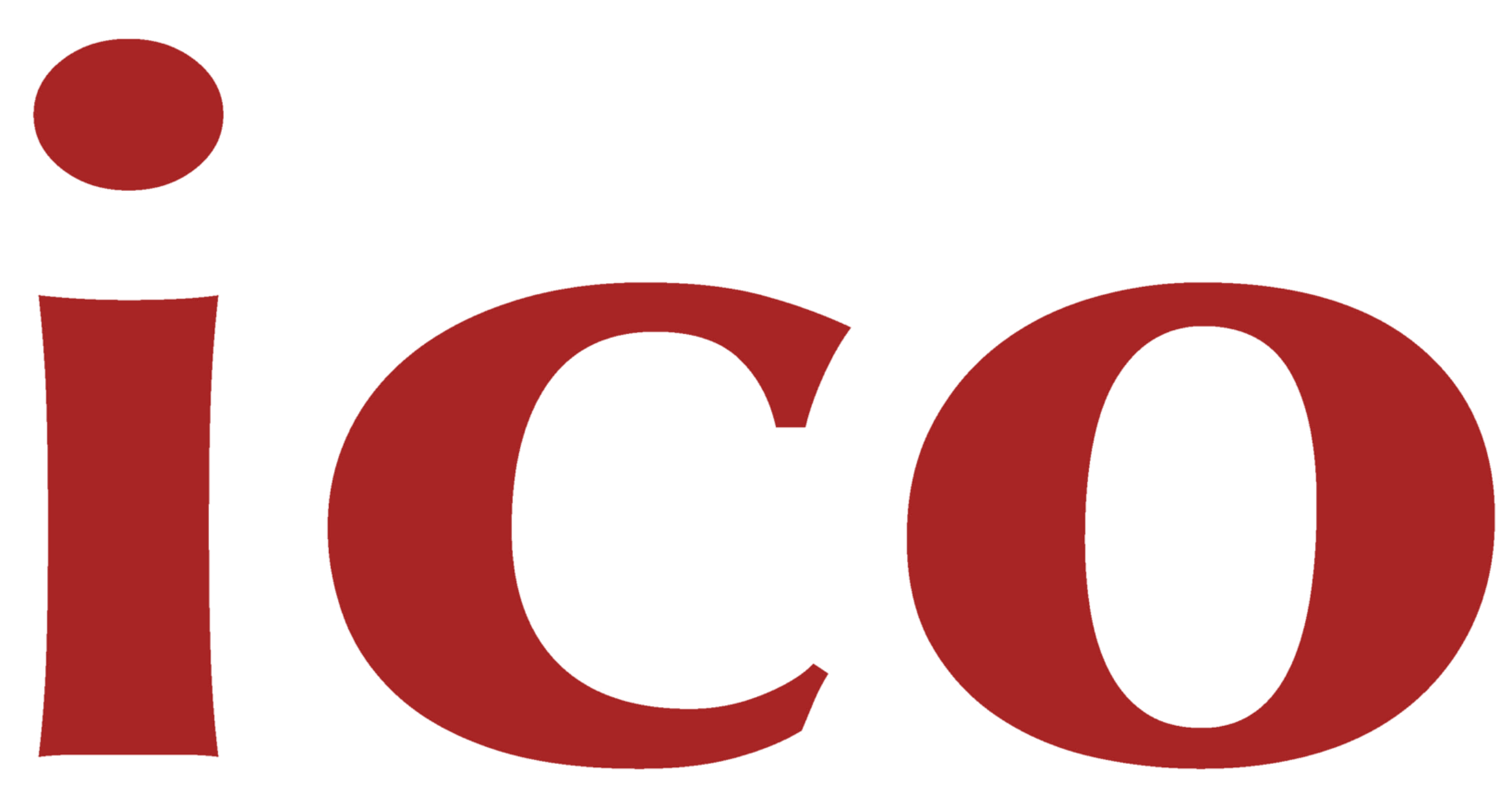24-PhE Philosophy of education
Tutors: Johannes Drerup, Michael Merry, Anders Schinkel (coordinator, a.schinkel@vu.nl)
ECTS: 3 (for the full course; 1 ECTS=28 hours)
Course description
This course will introduce PhD students to the field of philosophy of education by way of three central themes: aims of education, educational justice, and democratic education.
Summary of the setup of the course
| June 2024 | Subjects | |
| Friday, May 31, 13:00 | -Philosophy of education: what it is and what its use is. -Aims of education: is there a general ‘aim of education’? | |
| Friday, June 14, 13:00 | -The theory and practice of democratic education -What should be taught as controversial: general problems and specific cases | |
| Friday, June 21, 13:00 | -Educational justice -Equality of educational opportunity |
Course objective
The central objective of this course is to introduce beginning researchers in the Educational Sciences to a discipline and a mode of thinking they are probably unfamiliar with, namely that of philosophy of education. Though the specific topics covered in the course are among the most debated topics in philosophy of education, and though they may have specific relevance to participating PhD students, it is the initiation into a different way of looking at education, asking other types of question, and using other than empirical approaches to answering them, that is most important. Corresponding more specific objectives are the (further) development of a disposition to critically question silent assumptions (one’s own, or that of one’s research field or discipline); of open, receptive attention to situations, problems, texts, and so on; and of habits of sound and careful reasoning.
Requirements/entry level
There are no special entry requirements, but it would be most helpful to take this course early in the PhD trajectory.
| Type of course: | Face-2-face course |
| Location: | Vergadercentrum Vredenburg, Vredenburg 19, Utrecht |
All three meetings follow the same format:
- Preparation beforehand (reading /assignment): read the two papers and prepare a substantive (0,5-1 page, 2-4 paragraph) response; submit this to the lecturer 48 hours before the meeting at the latest. Also prepare at least 1-2 questions related to the readings for the discussion during the meeting.
- Describe lecture or workshop : The meeting has the format of a brief introduction by the lecturer followed by in-depth discussion of the papers/issues on the basis of your questions.
- Assignments; You will receive feedback on your critical response to the readings, to which you respond online; this may go back and forth a couple of times. The resulting three discussions form a small portfolio on the basis of which, together with your participation in and preparation for the meetings, it will be decided whether you have passed or failed the course.
- Assessment and feedback / peer-feedback: Feedback from the lecturer on your response to the readings; assessment on the basis of your responses and participation.
Requirements:
- Presence at and active participation in all meetings: if, due to circumstances beyond your control, you can’t attend a particular meeting, notify the lecturer in advance; an alternative assignment may be assigned.
- Fulfilment of all reading assignments and practical assignments (response papers, questions prepared for discussion).
- Failure to submit responses before the deadline (48 hours in advance of the meeting) may affect your final grade.
Specification of the workload:
28 hours per meeting
- -2 hours for the meeting itself
- -10 hours preparation
- -16 hours for the 1000-word paper
You can tailor the content of this course to your current needs as follows: Before or during the first meeting, you can indicate specific topics you would like to see covered during the course. The course coordinator(s) take(s) these wishes into account as much as possible.
